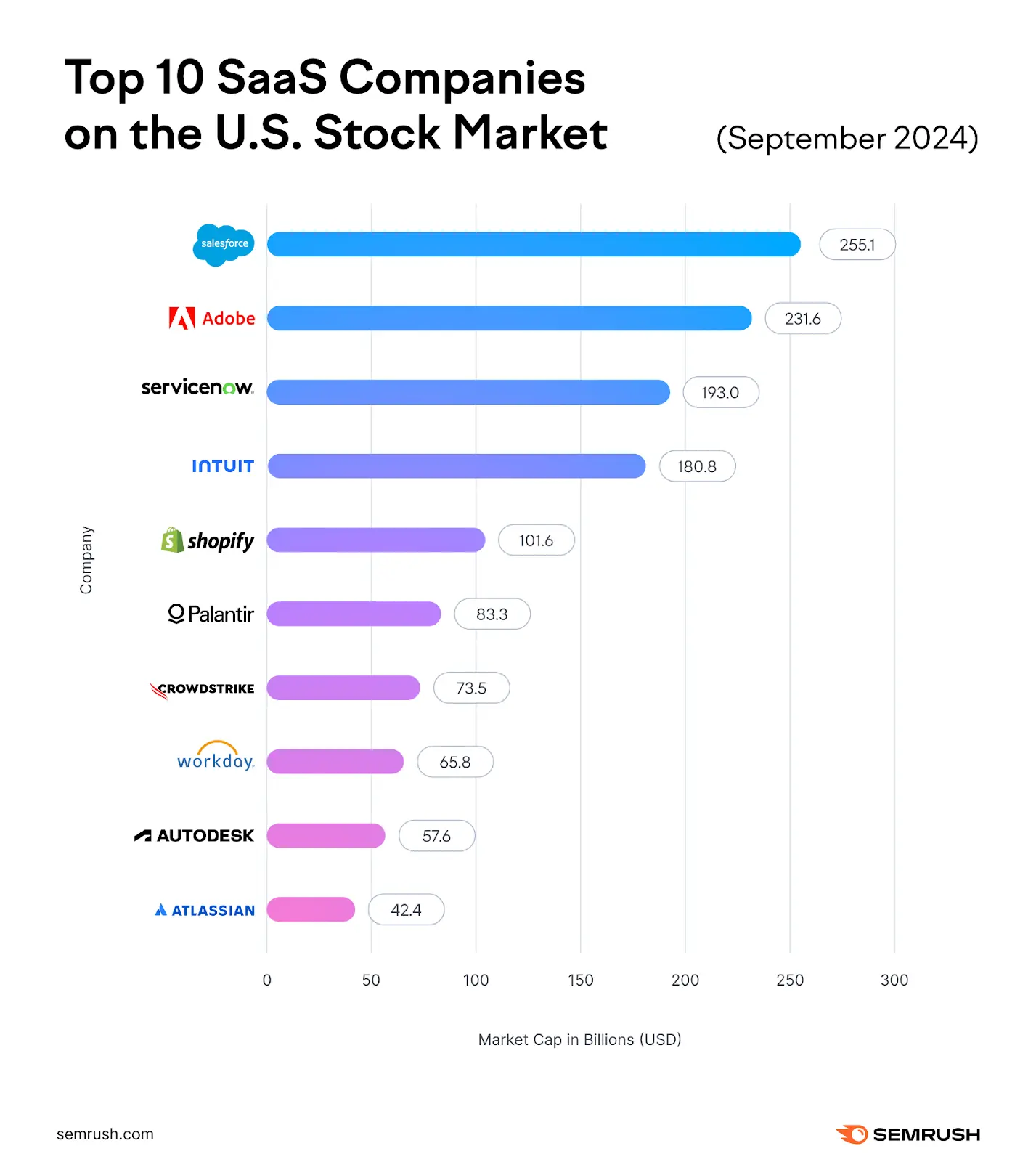let’s dive into the nitty-gritty of online marketing tools.
Been there done that got the slightly-tattered t-shirt to prove it.
Over the years at Ahrefs and before I’ve wrestled with countless tools fallen in love with some and tossed others aside like yesterday’s lukewarm coffee.
So I’m sharing my battle-tested favorites – the 21 tools that consistently deliver the goods.
Ready to level up your marketing game? 🚀 This ain’t your grandpappy’s blog post – it’s packed with the tools pros actually use. Wanna get the inside scoop on what makes ’em tick? 🤔 Check out this killer resource! Seriously, you won’t regret it. 😉
Consider this your cheat sheet to online marketing success.

Keyword Research: Unearthing the Gold
Keyword research isn’t just about finding words; it’s about understanding your audience’s search intent.
You need to know what problems they’re trying to solve what they’re hoping to find and which words they’re using to express those needs.
Think of it like being a detective – you’re piecing together clues to understand your target market.
Get this wrong and your marketing efforts might as well be shouting into the void.
Ahrefs Keywords Explorer: The Swiss Army Knife of Keyword Research
Ah Ahrefs Keywords Explorer. My trusty sidekick in the keyword jungle. This isn’t just a keyword tool; it’s a whole ecosystem of information. It’s like having a crystal ball that reveals the search volume keyword difficulty click-through rates and even related keywords – all crucial for creating effective content and campaigns. Forget guessing; this tool lets you make data-driven decisions giving you a serious competitive edge. I’ve seen countless teams go from flailing around in the dark to crafting targeted high-performing content thanks to this tool’s insightful data. The level of detail it provides is just mind-blowing. It helps you identify long-tail keywords those niche phrases that often have lower competition and higher conversion rates. It’s seriously a game changer. You can even analyze your competitors’ keywords and see what’s working for them – brilliant right? It’s like having a spyglass into their marketing strategy.
Semrush Keyword Overview: Another Powerful Contender
Semrush is another behemoth in the keyword research world offering a wealth of data.

It’s almost like Ahrefs’s sophisticated cousin.
They both provide comprehensive keyword data but SEMrush often presents it in a slightly different way offering unique perspectives.
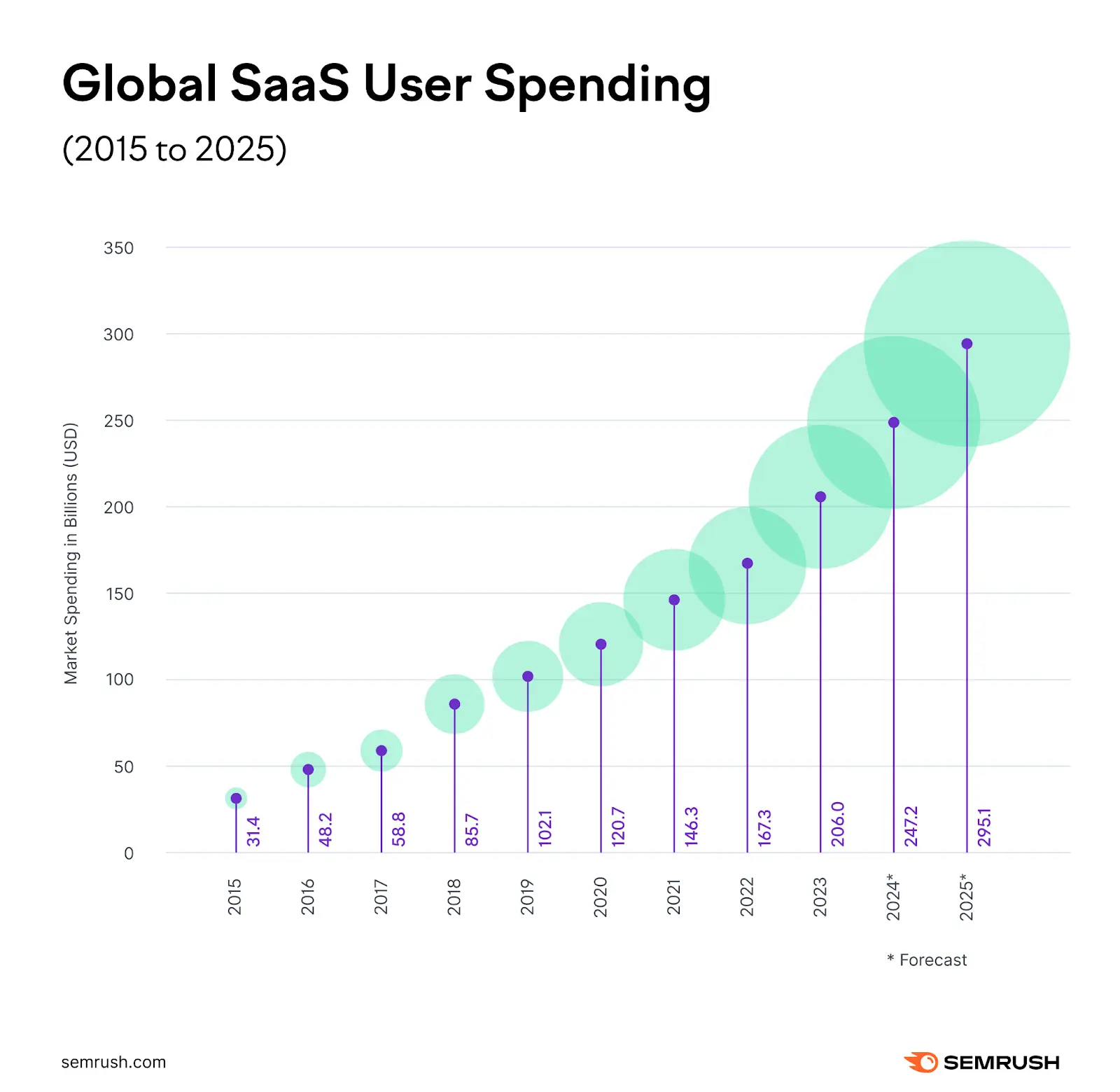
What I particularly like about SEMrush is its ability to show the search intent behind keywords.
Understanding whether someone is looking for information a product or a service is absolutely vital for creating relevant content.
It also offers excellent competitive analysis features helping you identify opportunities and areas where you can differentiate yourself.
One of the things I appreciate about SEMrush is that it’s quite intuitive – even my less tech-savvy colleagues could pick it up without too much hand-holding.
Check our top articles on 21 Best Online Marketing Tools (That We Use At Ahrefs)
Plus the reporting features are excellent – you can create stunning visuals to share your findings with the team or even with clients.
I have seen some incredibly detailed effective reports come out of Semrush; it truly lets you tell a story with your data.
Content Creation: Words that Work
Creating high-quality content is the lifeblood of any successful online marketing strategy.
It’s not enough to simply throw words on a page; you need to create content that resonates with your audience provides value and ultimately drives conversions.
This means understanding your audience’s needs using compelling language and optimizing your content for search engines.
SurferSEO: Optimizing for Search Engines
SurferSEO has become an indispensable tool for optimizing our content for search engines.
What sets it apart is its ability to analyze the top-ranking pages for a given keyword and identify common themes topics and keyword usage.
It provides really helpful suggestions for improving your content to align with what the search engines are rewarding.
Think of it as a GPS for SEO.
Instead of wandering aimlessly through the content creation wilderness SurferSEO helps you plot a course towards higher rankings.
It identifies keyword gaps providing insights into the topics and keywords your competitors are dominating.
This isn’t just about stuffing keywords into your text; it’s about creating a holistic piece of content that answers user search intent thoroughly.
I find that using SurferSEO consistently enhances the quality and effectiveness of our content leading to better search engine rankings and higher engagement.
Jasper.ai: AI-Powered Content Generation
Jasper.ai is a revolutionary AI writing assistant that’s changed the game.
While it doesn’t replace human creativity it significantly accelerates the writing process.

It helps overcome writer’s block suggesting ideas and even generating complete paragraphs.
It is however not foolproof you’ll still need to review and edit the output to ensure accuracy and originality.

I wouldn’t recommend using it to generate entire articles completely unedited but as a tool to help brainstorm ideas and get the initial writing done quickly it is unparalleled.
It’s like having a super-fast tireless writing partner.
We’ve found that Jasper helps us create more content faster allowing us to focus on higher-level tasks like strategy and optimization.
One caveat though: always ensure the generated content aligns with your brand voice and messaging.
Link Building: Earning Your Stripes
Link building is often viewed as a black-art but it’s really just about building relationships and earning trust.
It’s about creating valuable content that other websites want to link to.
Think of it like building a network of credibility – the more authoritative sites link to your content the more search engines view you as a trusted source.
Ahrefs Site Explorer: Unmasking Website Authority
Ahrefs Site Explorer is my go-to tool for analyzing the strength and authority of websites as well as identifying potential link-building opportunities.
It helps me understand a target site’s backlink profile its domain rating and its overall ranking strength.
Before reaching out to a website for a backlink I use Site Explorer to gain a clear picture of its authority and relevance to my niche.
This is a crucial step; it avoids wasting time on websites that are unlikely to provide a valuable backlink.
It helps you to identify sites that are relevant to your niche and those that align well with your brand’s image.
You are trying to associate with websites that share your values and have a solid reputation.
Hunter.io: Finding Email Addresses
Finding the right contact person when doing outreach is crucial for effective link building.
Hunter.io makes this process significantly easier by helping you find email addresses for specific individuals within organizations.
Instead of endlessly searching through websites Hunter.io saves you a ton of time.
You input a domain name and the tool searches for associated email addresses often with a high degree of accuracy.
This saves me hours each week focusing my energy on building relationships instead of hunting for email addresses.
The tool is surprisingly accurate and although it doesn’t always find the perfect match it usually provides a good starting point.
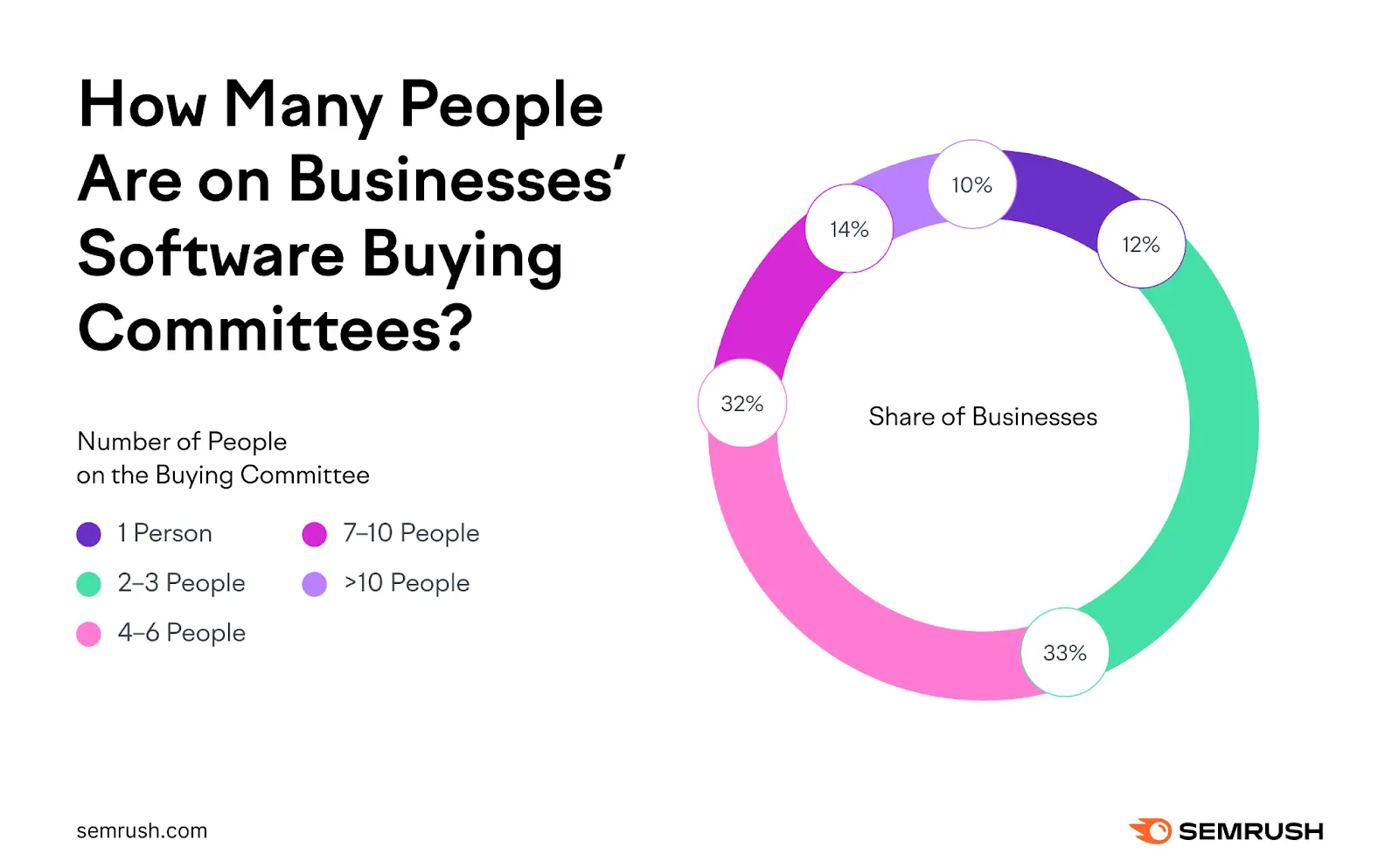
You can then verify the address with other tools to ensure its validity.
Social Media Management: Connecting with Your Audience
Social media is no longer a nice-to-have; it’s a must-have for businesses of all sizes.
It’s your opportunity to connect with your audience build relationships and drive engagement.
Buffer: Scheduling and Managing Posts
Buffer is a fantastic tool for scheduling and managing social media posts across multiple platforms.
Ready to level up your marketing game? 🚀 This ain’t your grandpappy’s blog post – it’s packed with the tools pros actually use. Wanna get the inside scoop on what makes ’em tick? 🤔 Check out this killer resource! Seriously, you won’t regret it. 😉
It simplifies the process of creating scheduling and analyzing the performance of your social media content.
You can schedule posts in advance ensuring consistent engagement with your audience.
I particularly appreciate Buffer’s analytics allowing you to track the performance of your posts and see which content resonates with your audience.
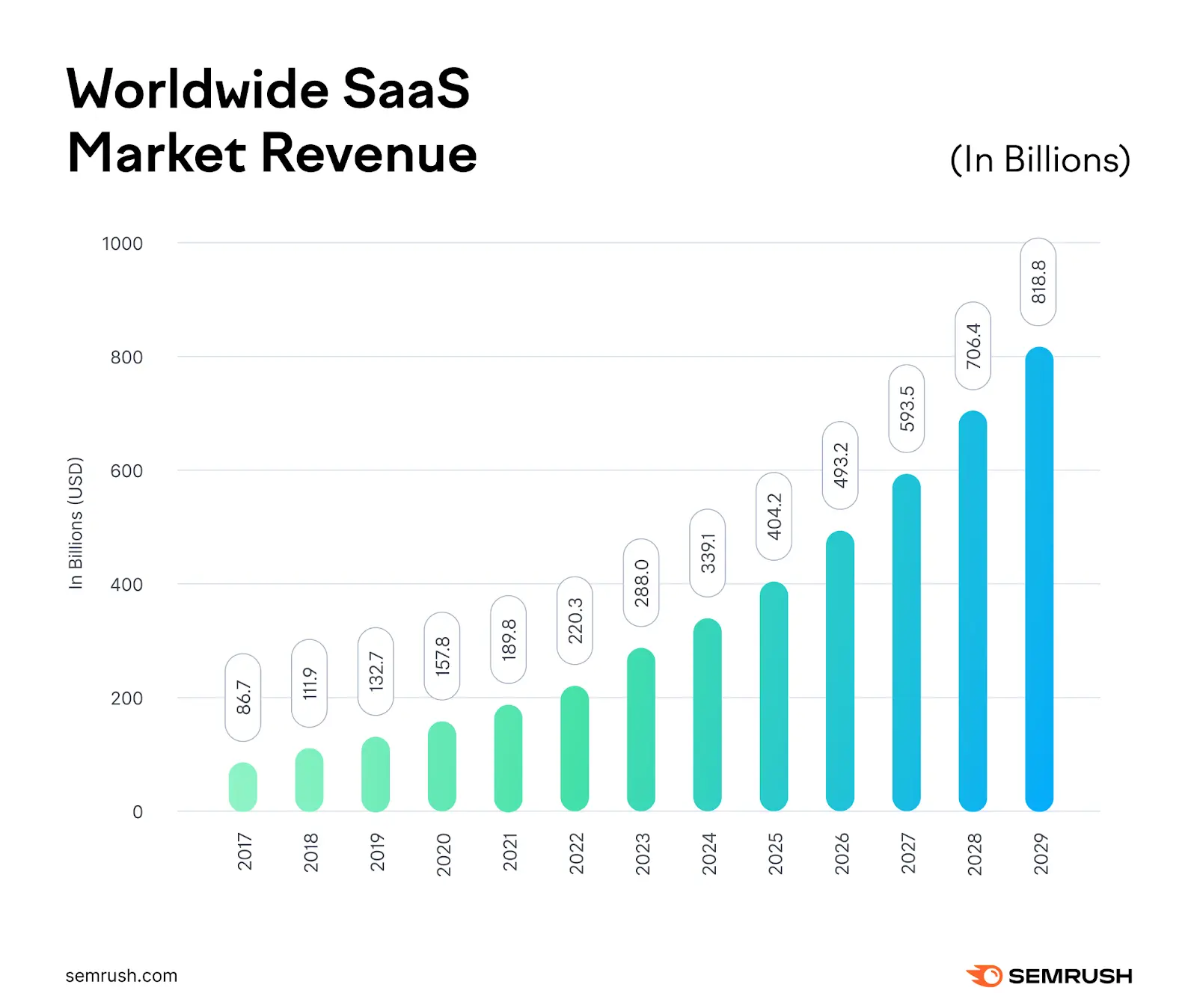
It offers valuable insights into what is working and what is not.

It is also user friendly; even someone unfamiliar with social media management can pick it up and start using it effectively within minutes.
The interface is intuitive and straightforward and the support documentation is easy to follow.
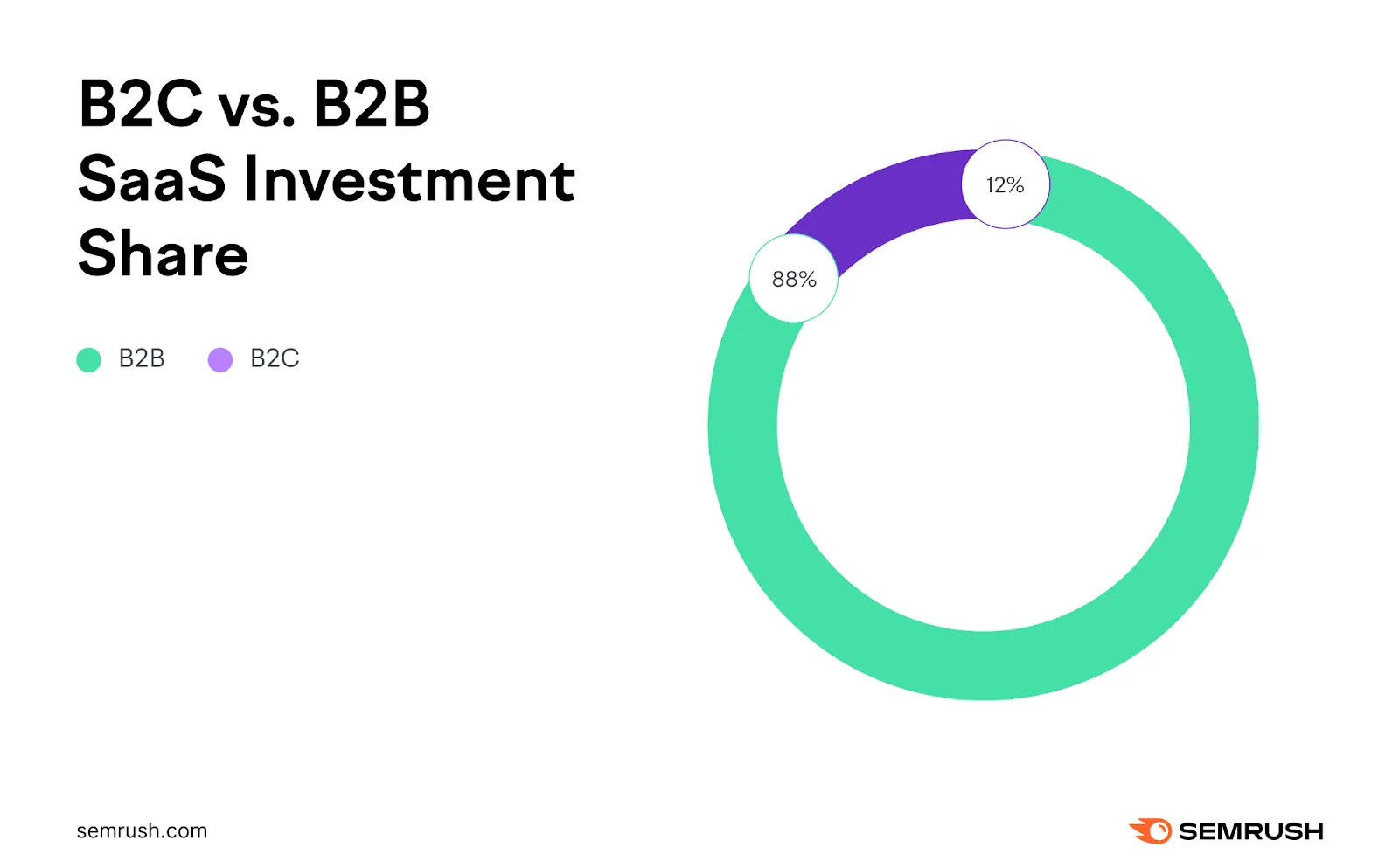
Hootsuite: Another Powerful Social Media Platform
Hootsuite is another great social media management platform and it’s become a staple in our social media workflows.
While it has some overlap with Buffer Hootsuite excels in its team collaboration features.
We use it to assign tasks track progress and ensure everyone is on the same page.
This feature is crucial for larger teams where multiple people might be managing different aspects of social media.
It’s also excellent for monitoring brand mentions and engaging with your audience in real time.
Being able to track conversations about your brand is critical for managing your reputation and building stronger relationships with your customers.
One of the best things about Hootsuite is the ability to view your analytics across all platforms in one dashboard.
This makes it easy to see which campaigns are working well and where improvements are needed.
Analytics & Reporting: Understanding Your Results
Understanding your results is crucial for measuring the success of your online marketing efforts. This means tracking key metrics analyzing your data and making data-driven decisions to improve your strategies. It’s not enough to just do marketing; you need to understand what is working and why.
Google Analytics: The Gold Standard
Google Analytics is the undisputed king of web analytics.
It’s the fundamental tool for understanding how users interact with your website.
You get to see everything from traffic sources to bounce rates conversion rates and so much more.
It is however a complex tool and requires some time and effort to master its intricacies.
It’s easy to get lost in the data so prioritize focusing on the key metrics that are most relevant to your business goals.
But with the right configuration and understanding it is invaluable for optimizing your website and your marketing efforts.
I’ve seen businesses completely transform their online presence simply by taking the time to understand the data that Google Analytics provides.

Google Search Console: Mastering Search Visibility
Google Search Console is often overlooked but it’s an essential tool for understanding your website’s performance in Google’s search results.
It helps identify technical issues track your keywords and monitor your website’s visibility.
It’s crucial for optimizing your site for search engines and identifying potential problems that might be impacting your rankings.
It also provides valuable insights into how Google sees your website and what improvements you can make.
What I like best about Google Search Console is that it allows you to submit sitemaps ensuring Google can crawl and index your pages effectively.
This is crucial for getting your content discovered.
In short it provides a direct line of communication between your website and Google’s search engine.
Email Marketing: Building Relationships
Email marketing remains a potent tool for building relationships with your audience and driving conversions.
It’s a personalized form of communication that allows you to nurture leads and convert them into customers.
Mailchimp: The Email Marketing Workhorse
Mailchimp is a reliable and user-friendly email marketing platform that has helped countless businesses grow their email lists and improve their customer relationships.
It’s easy to use even for beginners yet powerful enough for sophisticated email campaigns.
Its automation features are superb allowing you to create sequences of emails that nurture leads and keep your audience engaged.
It’s extremely versatile providing a wide range of features from basic email sending to complex marketing automation workflows.
Ready to level up your marketing game? 🚀 This ain’t your grandpappy’s blog post – it’s packed with the tools pros actually use. Wanna get the inside scoop on what makes ’em tick? 🤔 Check out this killer resource! Seriously, you won’t regret it. 😉
The analytics it provides allow you to track your email campaigns’ performance and see what is working.
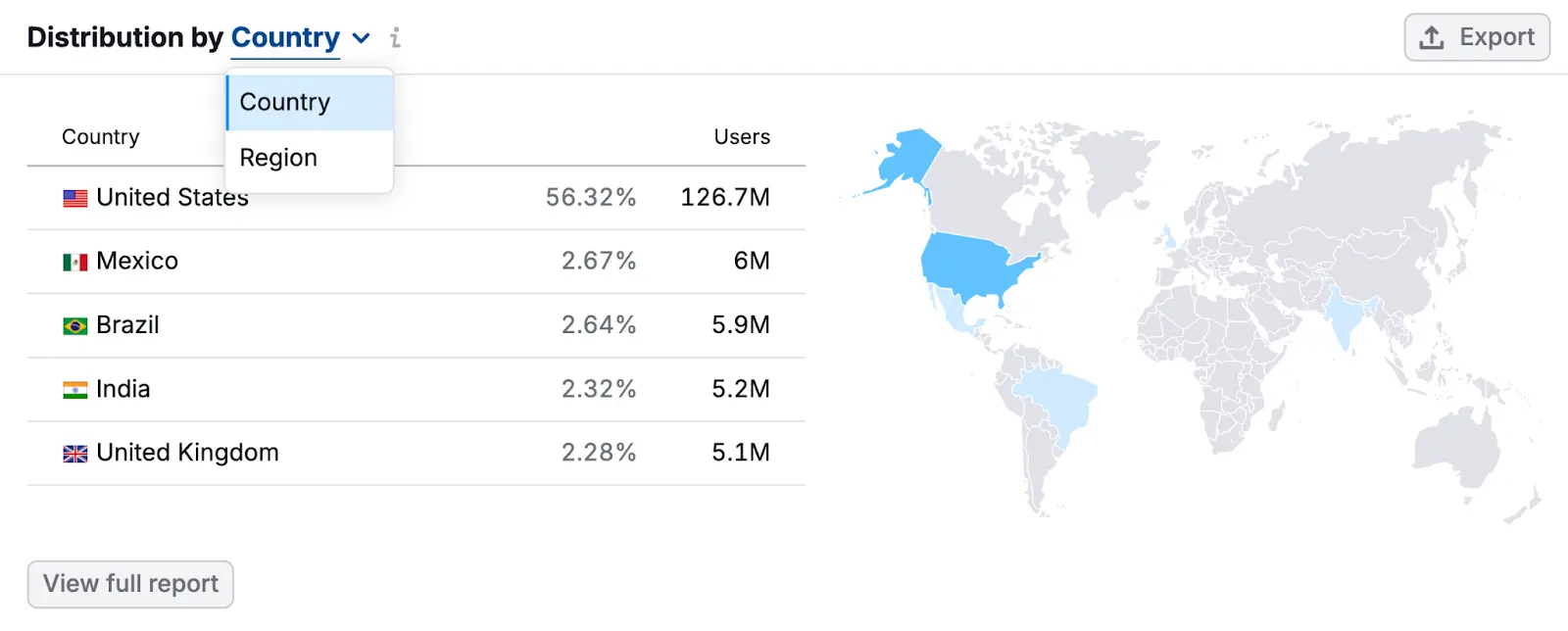
The reporting features are excellent providing detailed metrics that will help you improve your campaign’s performance over time.
ConvertKit: Focusing on Conversion
ConvertKit is another excellent email marketing platform but it has a different focus: conversion.
It’s designed specifically for businesses that want to build strong relationships with their audience and convert subscribers into paying customers.

While it doesn’t have all the bells and whistles of Mailchimp it does what it does exceptionally well.
Its simplicity is a major advantage – it’s remarkably easy to create and launch high-converting email sequences.
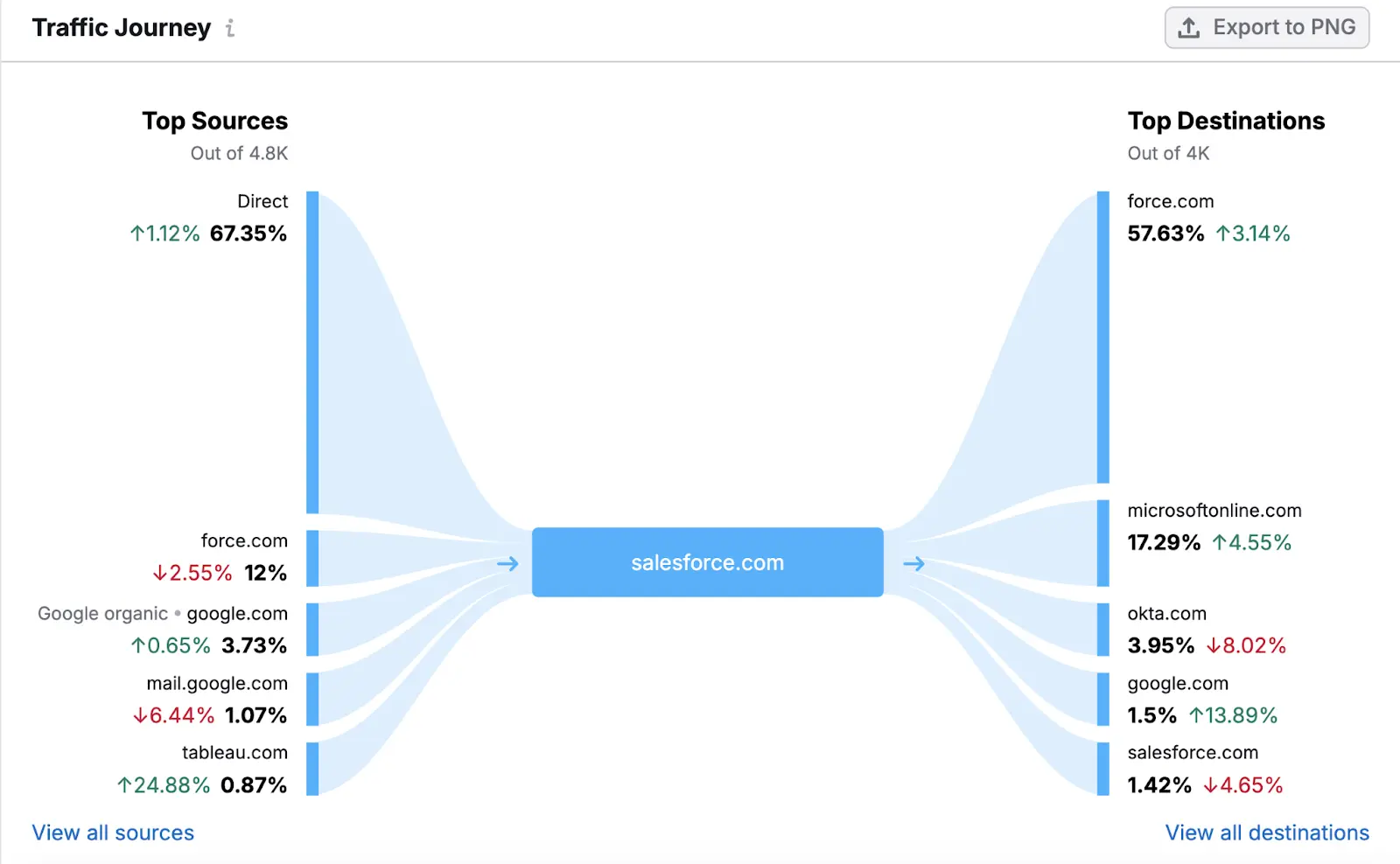
It excels in its segmentation and automation features making it straightforward to create highly personalized email experiences for your audience.
The pricing model can seem more expensive upfront than some other email marketing platforms but the ROI can be significant if you focus on nurturing your audience and converting them into paying customers.
This is just a glimpse into the incredible world of online marketing tools.
Each tool offers unique benefits and the best approach is often to combine multiple tools to create a comprehensive marketing strategy.
Remember – it’s not about using every tool under the sun but about strategically selecting the tools that best support your goals and the specific challenges your business faces.
So go forth and equip yourself with the right tools for the job.
And don’t forget to have fun along the way! Happy marketing!
